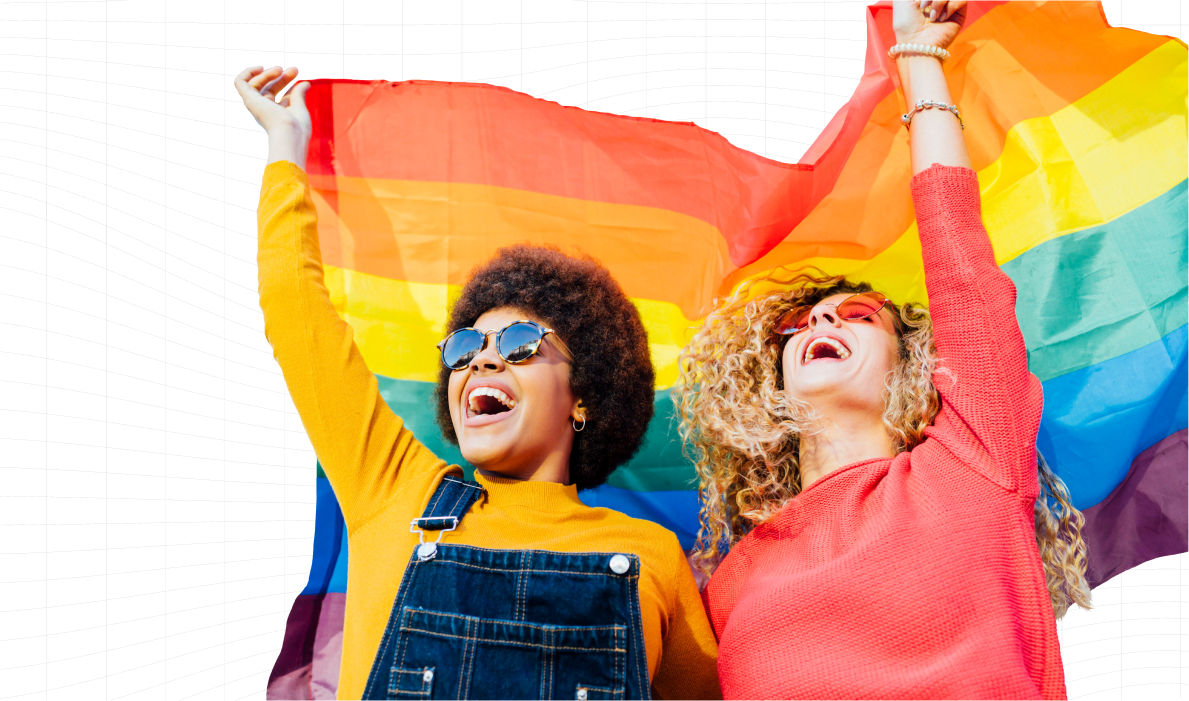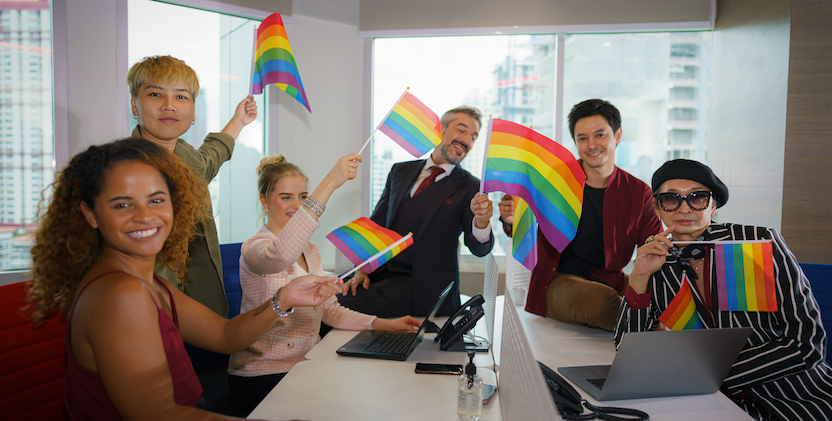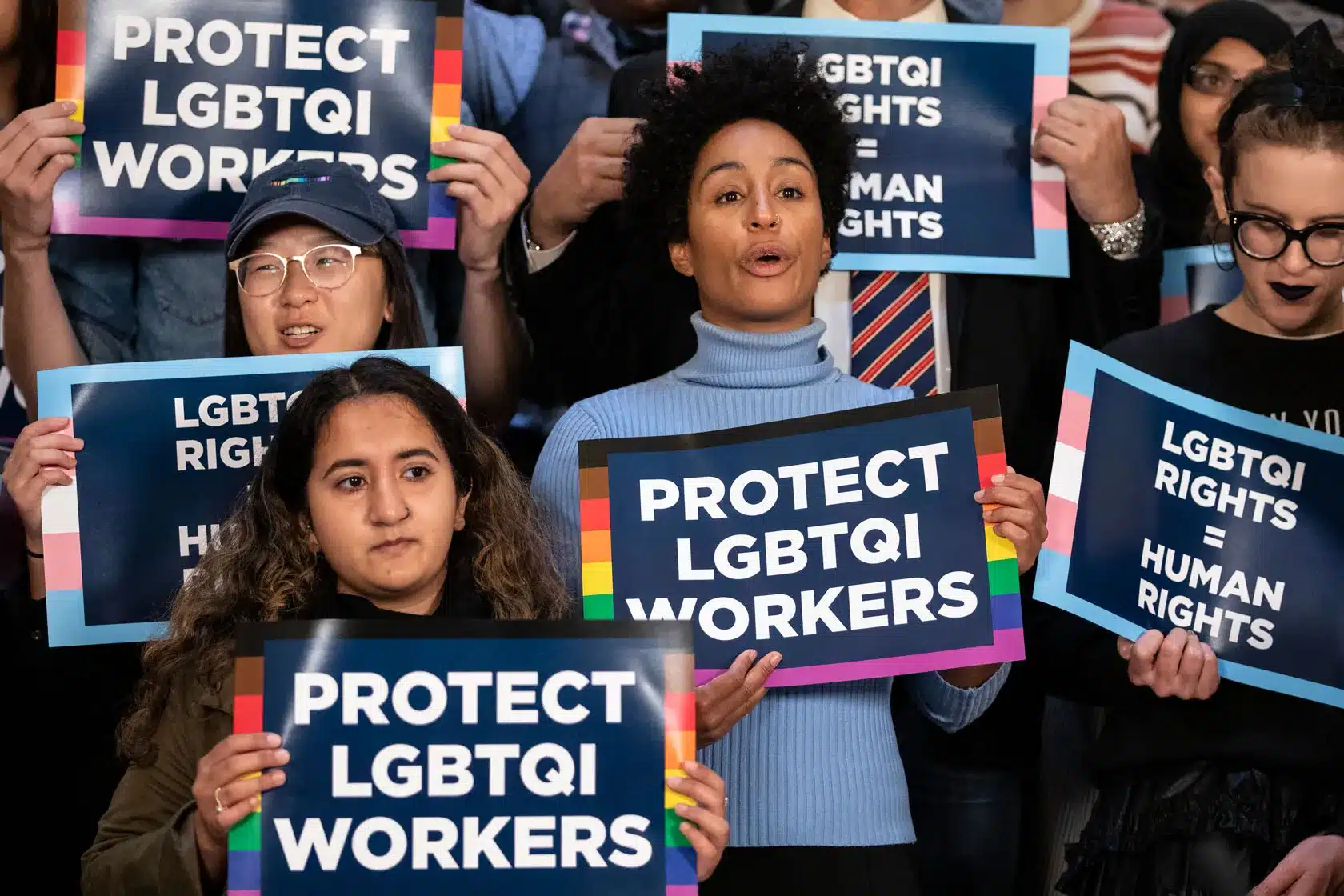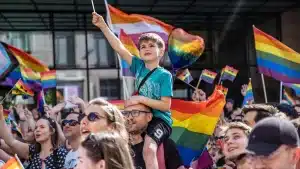The workplace is a vital arena for the advancement of LGBTQ+ rights and equality. In recent years, there have been significant strides in reducing discrimination and promoting inclusion for LGBTQ+ individuals in various professional environments. However, challenges persist, and the experiences of LGBTQ+ employees can vary greatly depending on their location, industry, and the specific policies of their employers. This article explores workplace issues faced by LGBTQ+ individuals, the importance of corporate policies supporting LGBTQ+ employees, and the role of Employee Resource Groups (ERGs) in fostering inclusive workplaces.

Workplace Issues
Workplace issues for LGBTQ+ individuals often revolve around discrimination, lack of inclusion, and unequal access to opportunities and benefits. These issues can have profound effects on job satisfaction, productivity, and overall wellbeing.
Workplace Discrimination and Inclusion
Despite progress, workplace discrimination against LGBTQ+ individuals remains a significant issue. Discrimination can manifest in various forms, including harassment, unfair hiring practices, unequal pay, and barriers to career advancement. In many countries, legal protections for LGBTQ+ employees are either weak or nonexistent, leaving individuals vulnerable to discrimination.
For example, in the United States, the Supreme Court’s 2020 decision in Bostock v. Clayton County extended Title VII of the Civil Rights Act to protect employees from discrimination based on sexual orientation and gender identity. However, not all states have additional protections, and the extent of enforcement can vary. In contrast, countries like Canada and the United Kingdom have more robust legal frameworks that explicitly protect LGBTQ+ individuals from workplace discrimination.
In some regions, cultural and societal attitudes towards LGBTQ+ individuals can further exacerbate workplace discrimination. In parts of Africa and the Middle East, where same-sex relationships are criminalized, LGBTQ+ employees may face severe discrimination or even violence. This creates an environment where LGBTQ+ individuals often conceal their identities to avoid repercussions, leading to additional stress and mental health challenges.
Inclusion is equally critical. Inclusive workplaces actively embrace diversity, creating an environment where all employees feel valued and respected. This includes using inclusive language, respecting pronouns, and providing gender-neutral facilities. Companies like IBM and Google have been recognized for their inclusive practices, such as implementing comprehensive diversity training programs and fostering a culture of acceptance.

Corporate Policies Supporting LGBTQ+ Employees
Corporate policies play a crucial role in supporting LGBTQ+ employees. Progressive companies implement policies that go beyond mere compliance with anti-discrimination laws, actively promoting equality and inclusion.
One key area is inclusive healthcare benefits. Transgender-inclusive healthcare, which covers gender-affirming surgeries and hormone therapy, is essential for supporting transgender employees. Companies like Salesforce and Microsoft provide comprehensive healthcare benefits that cater to the needs of their LGBTQ+ employees, setting an example for other organizations.
Another important policy is the implementation of non-discrimination clauses that explicitly include sexual orientation and gender identity. These clauses send a strong message that discrimination will not be tolerated. For example, the global consulting firm Accenture has a strict non-discrimination policy and actively promotes LGBTQ+ inclusion through various initiatives.
Parental leave policies are also critical. Offering equal parental leave to all employees, regardless of their family structure, supports LGBTQ+ employees who are parents. Companies like Spotify and Netflix provide generous parental leave policies that apply equally to all parents, fostering an inclusive and supportive work environment.
The Role of Employee Resource Groups (ERGs)
Employee Resource Groups (ERGs) are instrumental in creating supportive networks for LGBTQ+ employees. ERGs provide a platform for employees to connect, share experiences, and advocate for change within their organizations. These groups play a crucial role in promoting inclusion and influencing corporate culture.
ERGs often organize events, such as LGBTQ+ awareness workshops, Pride celebrations, and networking opportunities, which help to raise awareness and foster a sense of community. For instance, the LGBTQ+ ERG at IBM, known as the “IBM Global LGBT+ Diversity Network Group,” has been active for over 25 years and works to support LGBTQ+ employees globally. This group has been influential in shaping IBM’s inclusive policies and practices.

In addition to fostering community, ERGs also serve as a voice for LGBTQ+ employees, advocating for policy changes and improvements. At companies like Intel and Procter & Gamble, ERGs have been instrumental in pushing for inclusive policies, such as gender-neutral restrooms and transgender-inclusive healthcare coverage.
ERGs can also provide mentorship and career development opportunities for LGBTQ+ employees. Mentorship programs within ERGs help employees navigate their careers, offering guidance and support from experienced professionals. These programs can be particularly beneficial for LGBTQ+ individuals who may face unique challenges in their professional journeys.
Global companies often leverage their ERGs to ensure that LGBTQ+ inclusion is consistently implemented across all their locations. For example, multinational corporations like Deloitte and Ernst & Young have global LGBTQ+ networks that work to ensure that best practices are shared and implemented across all offices, regardless of regional differences.
Conclusion
The landscape for LGBTQ+ individuals in the workplace has seen significant improvements, but challenges remain. Workplace discrimination continues to be a barrier, particularly in regions with weak legal protections and pervasive societal biases. However, progressive corporate policies and the active role of Employee Resource Groups (ERGs) are driving positive change.
Inclusive corporate policies, such as comprehensive healthcare benefits, non-discrimination clauses, and equitable parental leave, are essential for supporting LGBTQ+ employees. These policies not only protect employees from discrimination but also create an environment where everyone can thrive.
ERGs play a vital role in fostering inclusive workplaces by providing support, advocacy, and community for LGBTQ+ employees. Through their efforts, ERGs help shape corporate culture, influence policy changes, and provide mentorship opportunities.
As we move forward, it is crucial for organizations to continue prioritizing LGBTQ+ inclusion and equality. By implementing and promoting inclusive policies and practices, companies can create workplaces where all employees, regardless of their sexual orientation or gender identity, feel valued, respected, and empowered to succeed. This commitment to inclusion benefits not only LGBTQ+ employees but also the organization as a whole, leading to more innovative, diverse, and successful workplaces.
For more stories like this, please visit here



